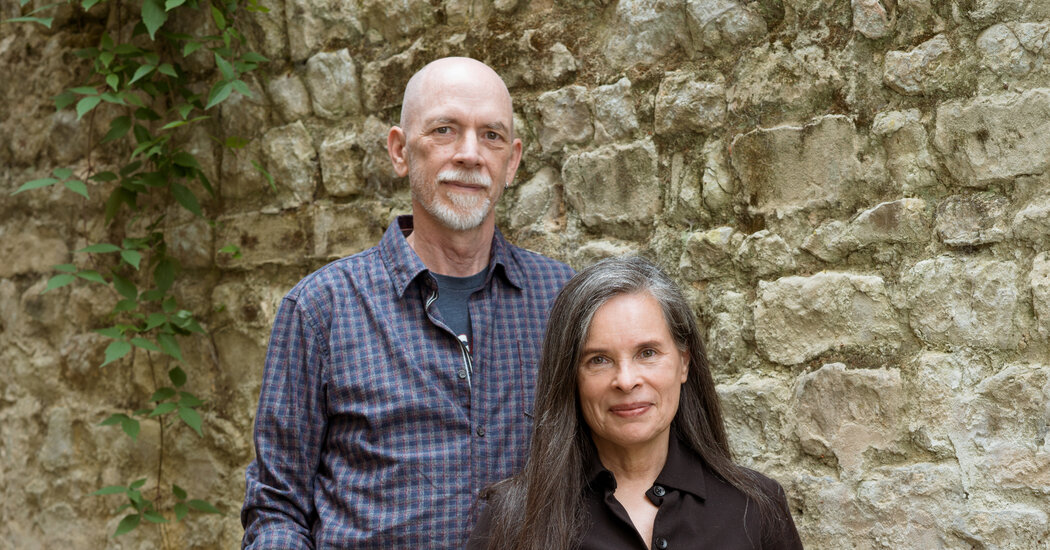David Lotton is a European history buff, but he’d never set foot outside the United States until 2004, when he traveled to France for the 60th anniversary of the D-Day landings in Normandy.
Walking into the vast cemeteries commemorating the thousands of young soldiers who died storming the beaches during World War II, he felt a big knot in his stomach. “It was pretty overpowering,” said Mr. Lotton, an engineer originally from Kansas, who was 39 at the time and had spent six years as a paratrooper in the U.S. Army Reserve.
The trip changed his life, and he began thinking about one day moving to France — though it often felt impossible. “I didn’t grow up in a rich family and I’ve never had a lot of money,” said Mr. Lotton, who turned 60 this year and was living in Colorado. “I never thought that would be something attainable for me.”
[Did you recently buy a home? We want to hear from you. Email: thehunt@nytimes.com]
After the worst of the pandemic, Mr. Lotton and his wife, Cynthia Ferrer, 63, a software engineer who retired this spring, made several trips to France, exploring different regions to see if there was a home they could buy there.
Ms. Ferrer said they were struck by how affordable some aspects of life were in France compared with the United States. And the best bits were free: the medieval towns they could explore, the miles of coastline and the country roads lined with hedgerows that they biked along.
“We just walk around with our jaws hanging open,” Ms. Ferrer said. “The history, the architecture. It just seems to have so much texture and depth that the United States doesn’t have.”
Ms. Ferrer loves skiing and mountain biking, and was pining for a place in the Alps. Mr. Lotton liked the idea of buying an old farmhouse with a garage and maybe a barn in the seaside Normandy region. He had spent some time working in construction in his 20s, and he imagined himself restoring their home and maybe fixing up old cars in the outbuildings.
Eventually they reached a compromise: They would search for a place in Normandy near a train station, so they could travel to the mountains and other European spots. They also wanted an extra bedroom or two to host friends and family, and they liked the idea of having both a walkable neighborhood and a parking space for a car.
The couple found house hunting to be very different in France than in the United States. Some properties weren’t listed on the internet at all, only in the windows of real estate agencies. In a way, it was part of the charm. “I liked that it felt a little antiquated,” said Ms. Ferrer of the search.
To fund the purchase, Ms. Ferrer sold a two-bedroom vacation condominium in Breckenridge, Colo., for $565,000 that she bought in 2017. Then they set their budget for their France home at 400,000 euros — about $465,000 — “with some wiggle room,” Ms. Ferrer said.
They also spent weeks researching how to obtain long-stay visas in France, which allows recipients to stay for one year and is renewable. They learned they had to show proof of assets and write a hand-written note promising they would not work in France. With hindsight, they said, the process was surprisingly seamless.
Then, this spring, they sold their main residence in Colorado. They were all in on France.
Find out what happened next by answering these two questions:






